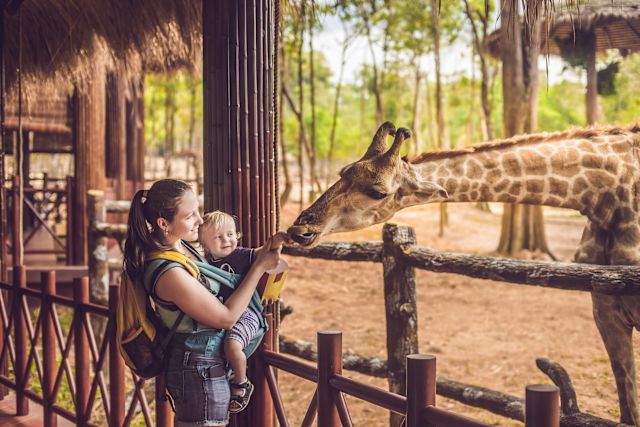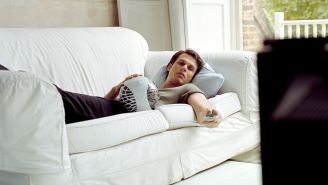Updated on December 11, 2024.
If you find yourself with a little extra income, here's a way you could increase your chances of enjoying it: Buy an experience.
While it may seem counterintuitive, some research suggests that spending your money on experiences—like a day at the zoo or a relaxing trip—could bring stronger and longer-lasting satisfaction than if you spend the cash on material objects.
The joy of shopping
It’s true that shopping for material goods can bring about happiness. It can happen at different points in the experience:
- Before a purchase, you may feel the joy of anticipation.
- During a purchase, you may enjoy the experience itself or the first moments with the new possession.
- After a purchase, you have the memory of the experience or can relish the long-term feelings about the possession.
But the joy of purchasing items may be fleeting. For one thing, buying things can induce buyer's remorse. It's easy to compare what you bought to newer, better, or less expensive options and end up feeling unhappy with your choice. What’s more, material goods often lose their appeal with time.
Experiences, on the other hand? They often become an intrinsic part of your long-term identity, reminding you over and over of good times and happy moments shared with loved ones.
Why do experiences help?
There is good evidence that experiential purchases have a greater tendency to enhance well-being than buying objects—both before, during, and after the purchase. There are many theories as to why.
Fewer comparisons
Experiences tend to be more unique to each person and less easy to compare directly with others’ experiences. For example, a camping trip tends to be judged on its own merits, versus how it measures up to someone else’s trip.
Stronger sense of identity
Experiential purchases help us build a sense of identity. When a person is relaying a life story, they may be more likely to include things that happened rather than things they owned.
More effective escapism
Experiences may trump possessions because they provide more opportunity to get away from what’s getting us down. In 2023, a study published a paper in Frontiers in Public Health found that higher stress levels were linked to a stronger preference for buying experiences rather than possessions.
Less loneliness
Experiences may also be better than objects at relieving loneliness, a major factor in personal well-being. A 2021 study in Frontiers in Psychology found that experiential purchases that were inherently social helped ease loneliness. When a purchased experience was more of a solo venture, the effect on loneliness levels was smaller.
Better conversation topics
Socially, you may be more likely to have a conversation with someone about an experience you purchased (like a trip) than about an object you bought. Sharing our experiences is an intrinsic part of connecting with others, which can improve our well-being.
Consider the ‘why,’ not the ‘what’
Of course, there is no hard-and-fast rule for what will bring you more happiness. In every purchase situation, there is always a bigger picture. In addition to the type of purchase, there are other aspects that can affect happiness, like your values, needs, and motivations. Your purchase-related happiness is partly dependent on what you wanted in the first place and how well your goal was satisfied by what you bought, whether it was a material object or an experience.
Your best bet is to carefully consider why you’re making any given purchase and check in with yourself about which purchases will bring you more lasting happiness. While a decorative item for the wall might bring you some satisfaction or pleasure, an outdoor grill may be a better investment in your longer-term happiness, as it can facilitate fun-filled cookouts that will help you to socialize and build new happy memories with family, friends, and neighbors.
Ultimately, mindful purchasing is more likely to help you consistently get more value for your money.







